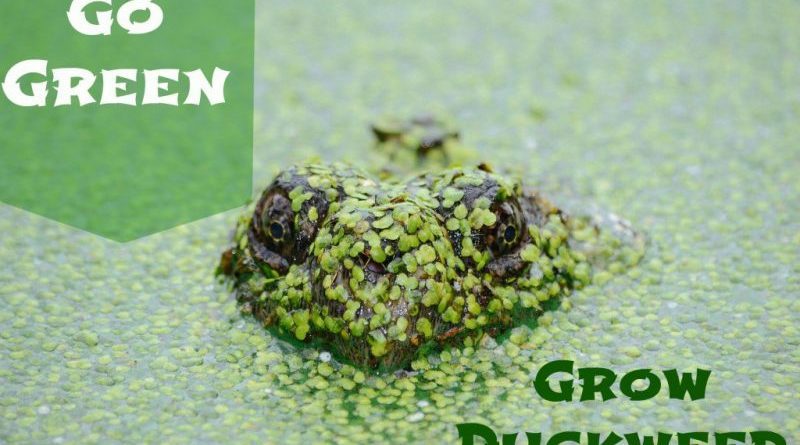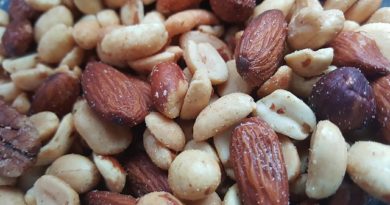Is Duckweed the Next Plant-Based Protein Source?
With the cost of whey protein seemingly always rising, consumers are looking for a new protein source that won’t break the bank, but can still aid them in building lean muscle mass. While the majority of the industry is still using whey protein, some consumers in the health space have already switched over to plant proteins. The latest of the bunch looks to be something that majority of the people have probably never heard of — duckweed.
What the duck?
Duckweed is actually a plant that floats on top of the water in areas of fresh water. The plant itself is of the flowering variety and is used by some societies across the globe for culinary purposes due to its nutritional contents. It is also commonly called water lentils and that might be a term that more people have heard. Either way, a company is planning on creating thousands of tons worth of this plant-based protein source.
A company called Parabel is behind the recent notion that duckweed can be used as a plant-based protein supplement and has invested around $10M to open a hydroponic facility in Florida — which is their second facility at this stage (more to possibly follow). They are claiming that this plant is a “complete protein with very high BCAAs.” This is great news for those who are looking to move away from animal proteins or whey and move into a more plant-based diet. In addition, compared to whey, duckweed will be considerably less expensive (or so they are saying).

Planting seeds in sports nutrition with duckweed?
Parabel is no stranger to the sports nutrition world. In fact, they already launched a product earlier this year in the category which is geared towards vegans and vegetarians. They also have two beverages using duckweed — an original duckweed flavor and green tea with apple flavor. If that wasn’t enough, they also started producing high-protein duckweed chips as well — but with a caveat.
There does seems to be a downfall that is turning consumers away—the color. Duckweed is naturally green in color and using it potentially as a powder or in an RTD beverage seems to be turning many people away. Not to mention someone looking to eat one of their products and having it be a shade of green when the food they are consuming isn’t a “vegetable.”
The company mentioned, “We have some companies who aren’t interested in the green protein, so our [in-house R&D team] is at the moment researching to de-green the protein, to create a white or beige protein so it works better for customers. The cool thing about this crop is that it’s so new, it doesn’t really matter if someone has 50 years of experience because it’s not possible to apply to this crop. So, we have very young people in our company who are able to think creatively in any development work that they do.”
Related Article: Does The Protein Source You Use Really Matter?
Parabel is thinking they will be able to produce around 1,000 tons of duckweed from one of their facilities, while producing another 5,000 tons from their new facility in Florida. They mentioned that already they are looking to open more facilities in the coming years to meet the demand needs.
Click here to continue reading…


*Disclosure: This article may contain affiliate links or ads, which means we earn a small commission at no extra cost to you if you make a purchase through these links. These commissions help support the operation and maintenance of our website, allowing us to continue producing free valuable content. Your support is genuinely appreciated, whether you choose to use our links or not. Thank you for being a part of our community and enjoying our content.
PLEASE CONSIDER SHARING THIS ON YOUR SOCIAL MEDIA TO HELP OTHERS LEARN MORE ABOUT THIS TOPIC.





